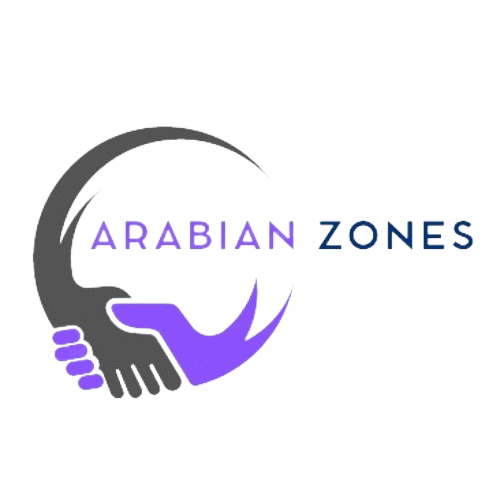By Aman Shah
Difference Between Mainland and Freezone in UAE: A Comprehensive Guide
Today you have many opportunities to set up a business in the UAE and take your business to the international level, but first you know the difference between mainland and Freezone and then choose between a mainland company and a freezone company can be a challenging task for. Each option has its advantages and disadvantages, tailored to different business needs and goals. This guide will help you understand the key difference between mainland and Freezone companies and assist you in making an informed decision for your venture.
Table of Contents
ToggleLocal Ownership
Mainland Company:
– Requires at least 51% local ownership by a UAE citizen.
– Despite the local ownership requirement, you retain full control over business operations.
Freezone Company:
– No local sponsor required This option allows full ownership to foreign investors without a local sponsor.
– This makes freezone companies particularly attractive to international entrepreneurs seeking full ownership.

Business Flexibility
Mainland Company:
– You can do business in any city in the UAE.
– You are allowed to engage in business activities with foreign companies, which provides extensive business flexibility.
Freezone Company:
– You can freely do business with countries outside the UAE and other Freezones.
– Offers opportunities for international trade, but has limitations on trading directly within the UAE market.
Physical Office Location
Mainland Company:
– Must have a physical office location registered with Ejari.
– Permission from other necessary authorities is a must.
Freezone Company:
– You can choose either a physical or virtual business location.
– This flexibility allows businesses to tailor their business setup to specific operational needs.
Eligibility for visa
Mainland Company:
– There is no restriction on the number of visa applications to set up a company.
– However, if your company needs more visas, you will need additional office space.
Freezone Company:
– The number of visa applications is usually limited to 6-7 visas.
– There are some immigration restrictions depending on the rules of the specific freezone.
Company Audit
Mainland Company:
– The company must have a financial audit.
– You will need approval from various UAE authorities to set up the company.
Freezone Company:
– Some freezone companies may not require financial audits, while others must follow rules set by the regulatory body.
– Mostly, the rules of the Freezone provide a more liberal regulatory environment.
Capital prerequisites
Mainland Company:
– Establishment costs vary depending on the type of business and the services offered, with differences between Mainland and Freezone setups.
– Minimum costs typically range from AED 20,000 to AED 25,000.
Freezone Company:
– No approvals are required from UAE regulatory bodies or ministries.
– Requires approval from the Freezone regulatory body, which can be an independent entity or a government body.
Approvals related to business setup
Mainland Company:
– Requires approvals from the Department of Development, Ministry of Labour, and Department of Naturalisation and Residence.
– Additional approvals from relevant authorities may be required for businesses operating in the health, education or food-related sectors.
Freezone Company:
– Easier approval process for businesses that export or re-export.
– Specialised services may require external approvals.
Conclusion
Choosing between a mainland and a free zone company in the UAE depends on a variety of factors such as your business goals, the nature of your business, and your operational preferences. The difference between mainland and freezone companies is significant. Mainland companies offer extensive business flexibility and unlimited visa eligibility but come with local ownership requirements and a more stringent regulatory environment. Freezone companies, on the other hand, offer you full foreign ownership, ease of setup, and flexibility in office location, but there are slight restrictions on direct business within the UAE market and visa restrictions.
Whatever your business needs, carefully evaluate both options, consider the benefits and limitations of each option, and then choose the option that best meets your business objectives. The UAE’s dynamic business landscape offers companies opportunities to succeed today in both mainland and freezone options.
Let’s connect to set up a business in the UAE. Feel free to contact us.






